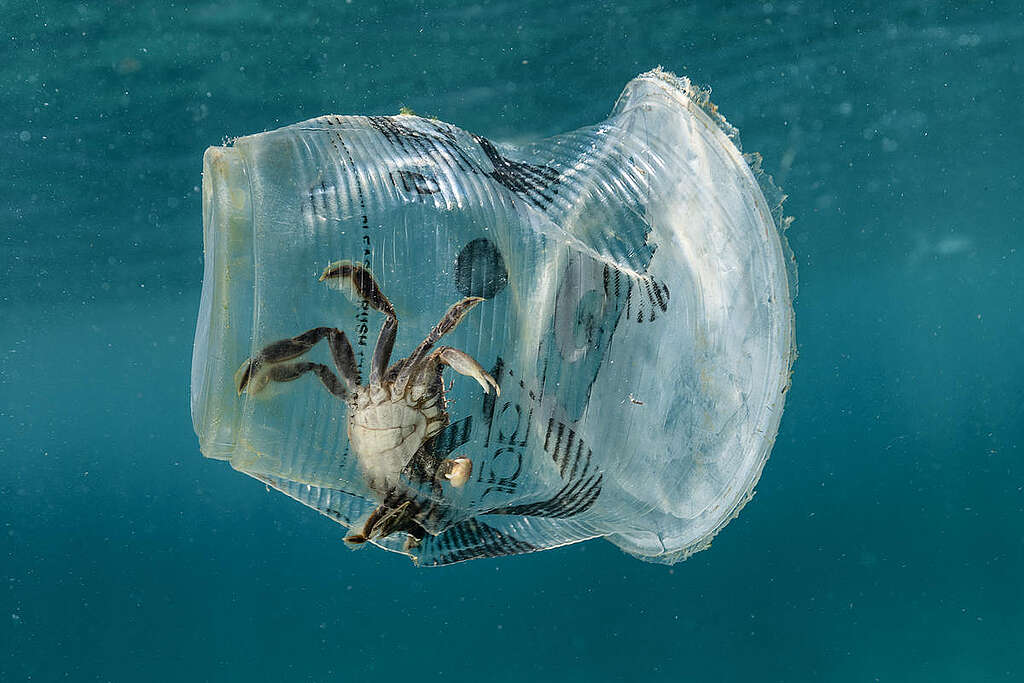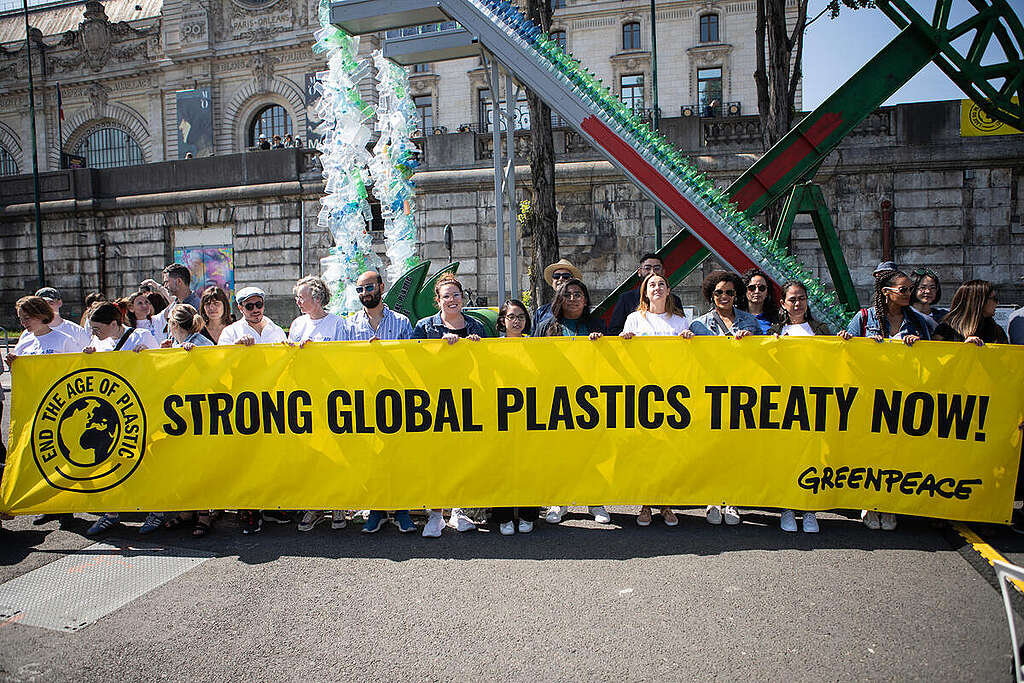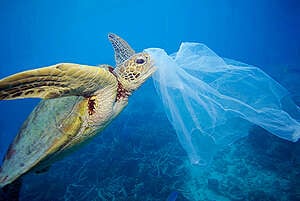Single-use plastic is harmful to human health, perpetuates social injustice, destroys our biodiversity and fuels the climate crisis. We demand that governments commit to a strong Global Plastics Treaty that will stop runaway plastic production and use and ultimately end the age of plastic.

We are living in a world that is being destroyed by throwaway plastic. Plastic pollution has flooded our planet, harming people’s health, accelerating social injustice, destroying biodiversity and fueling the climate crisis.
Science is only beginning to understand the long-term effects of plastic on human health, yet microplastics have been found in the air we breathe and the food we eat, and even in our organs and our blood. And communities on the frontlines of plastic production and waste are disproportionately affected by plastic pollution, social injustice, and the climate crisis.
The fact is that 99% of plastic is made from oil and gas — and big oil are making more and more each year. The full lifecycle of plastic harms livelihoods and the climate. Despite all of this, big oil, in league with big brands like Unilever, Nestlé and Coca-Cola, continue to promote false solutions and a throwaway single-use model where ‘convenience’ and corporate profits outweigh the cost to our communities.
But now, we have the opportunity to end the plastic crisis by pushing for a strong and ambitious Global Plastics Treaty that will end runaway plastic production and use.
Governments around the world are now negotiating a Global Plastics Treaty – an agreement that could solve the planetary crisis brought by runaway plastic production.
A treaty that fails to deliver major reductions in plastic production and use will not solve the plastic crisis. Greenpeace, with our allies and supporters, demand an ambitious, legally-binding global plastics treaty that will cap and phase down plastic production and use, and ultimately end single-use plastic.

We demand a treaty that will keep oil and gas used to produce plastic in the ground and puts an end to big polluters’ relentless plastic production. The Global Plastics Treaty must be firmly rooted in a human rights-based approach that reduces inequalities between people, priorities on human health, protects the environment and ensures a just transition to a low-carbon, zero-waste, reuse-based economy that centres justice and the interests of communities most affected. A strong plastics treaty delivers a cleaner, safer planet for us and for future generations.
We know that the petrochemical industry, corporations and some governments will try to weaken the ambition of the Global Plastics Treaty, and here is where the battle truly begins. The Global Plastics Treaty is a once-in-a-generation opportunity to solve the plastics crisis. For the sake of our collective future, we must not waste this moment.
At the upcoming negotiations in coming years, we will show how an unstoppable global movement can achieve an ambitious Global Plastics Treaty that will turn off the plastics tap and finally, end the age of plastic – for our health, our communities, climate, and the planet.

